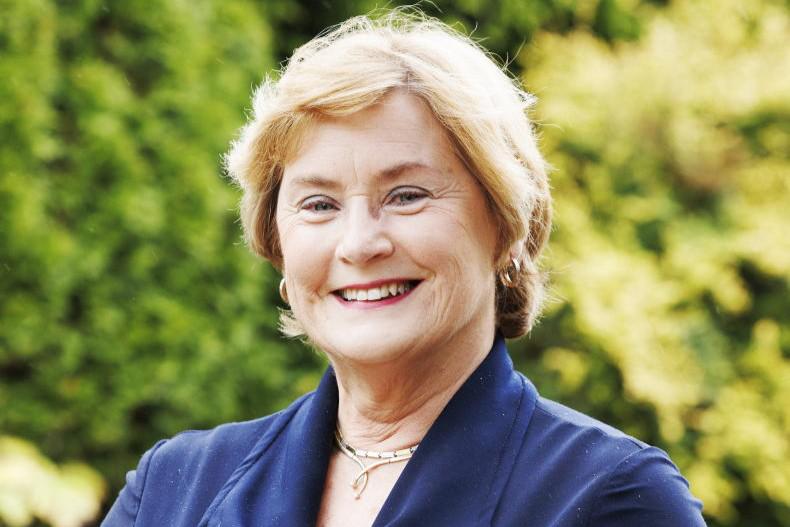If pride is a sin, then I reckon the whole country went to hell this year. For 19 days in July and August, the Irish Oympians had us jumping up and down and cheering them on with pride.
We had just recovered from that and then we started cheering on the 35 athletes that made up our Paralympic team.
While we celebrated the wins and medals, we also celebrated the effort of every single athlete who donned the green uniform. Every time we saw a green singlet, swim hat or boat with a tricolour, we got excited, hopeful, and proud.
Watching our athletes so happy with the tricolour draped over their shoulders as they did a lap of honour brought out the national pride in us all. Go on admit it – you too stood in your living room and sang when they played our national anthem.
This feeling of pride is one that has in the past been problematic.
In the seventies and eighties, flying the Irish flag had political implications and not just in Northern Ireland. For some in the South, it was a means to show solidarity with the nationalist community in Northern Ireland.
For others, it was used as a public statement of support for militant republicanism. Many were afraid to fly the flag as they did not want to be seen endorsing violence.
When we moved to New York in the late eighties, I noticed how many homes had the American flag flying with pride. At the boys primary school, the pupils took it in turns to raise the flag at the start of the school day.
At the end of the day it was taken down and folded very specifically so the stars are uppermost after the last fold. I was a little jealous of this pride in a national flag.
In several countries, including Ireland, those with extreme views used their national flag to co-op national symbols to lend legitimacy to their views
We certainly waved tricolours every St Patrick’s Day and had the house festooned when we were competing in the 1994 World Cup. But there was always a hesitancy to fly it on a regular basis.
That hesitancy diminished on our return home in the late nineties. The Good Friday Agreement had changed so much both north and south.
The flag is an important symbol in most countries. Some use that importance to make a point by publicly burning a national flag.
The act is often intended to make a political statement, in opposition to government policies, or to highlight human rights issues or other injustices. In many nations, flag burning is illegal and can result in fines, imprisonment, or worse.
So back to the Olympics and Paralympics and our pride in our athletes, flag and anthem. Why has the raising of the flag brought back memories of when I couldn’t do so?
In several countries including Ireland, and the aforementioned America, those with extreme views used their national flag to co-op national symbols to lend legitimacy to their views.
Thankfully, for most people in Ireland, the flag’s overall meaning remains rooted in national pride and identity rather than extremist ideology.
I wear a tricolour pin on the front strap of my backpack that has taken me all over the world in recent years.
I have met many who have pointed to the pin and asked ‘Ireland?’. I love to engage in random conversations with strangers about Ireland and who knows maybe as a result some will come here on holidays.
I love our country and feel our tricolour encapsulates the essence of this great nation – its history, values, and collective identity. It is a symbol of national pride and unity, and respecting the flag is a way of honouring the nation’s past, present, and future.
I hope that our flag, originally designed to represent inclusion, peace and unity, continues to be flown with pride by all.








SHARING OPTIONS